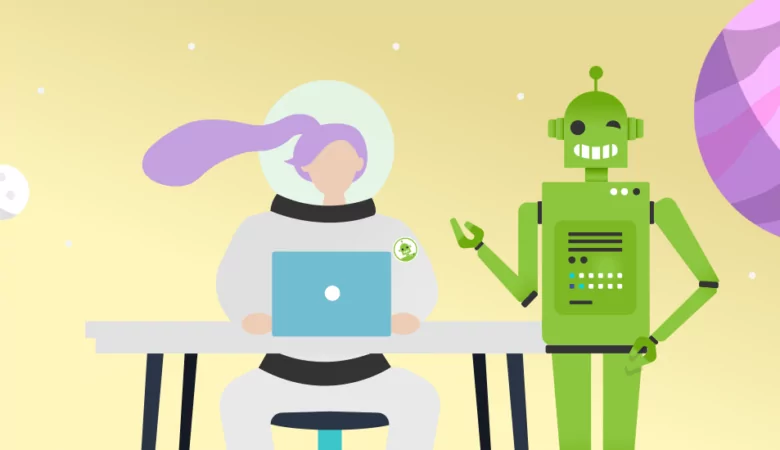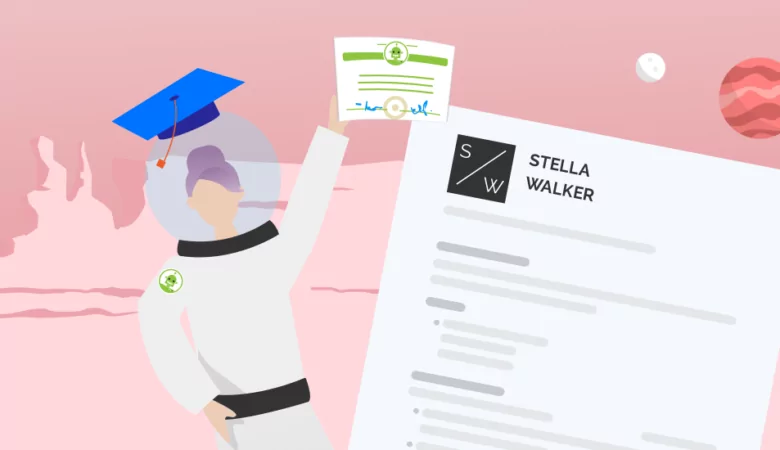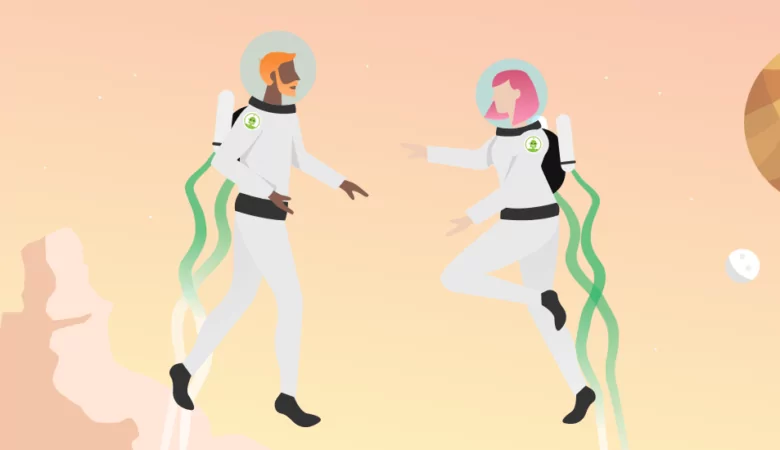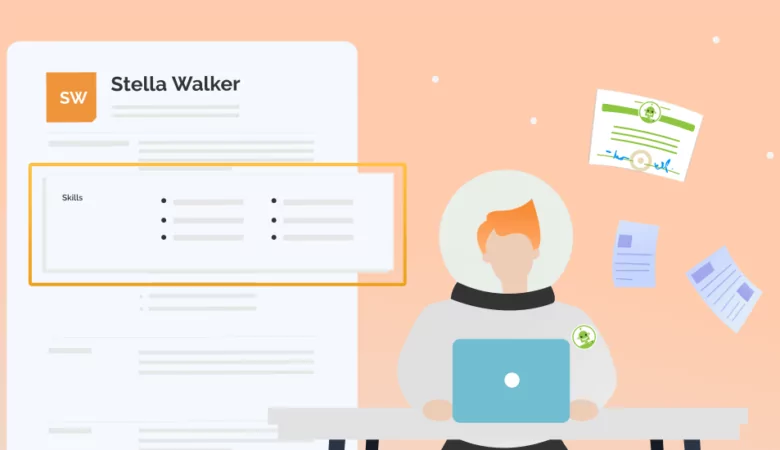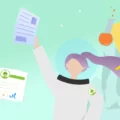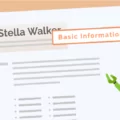Critical thinking skills are an important part of succeeding both in life and in the workplace. How can you create and maintain your critical thinking skills?
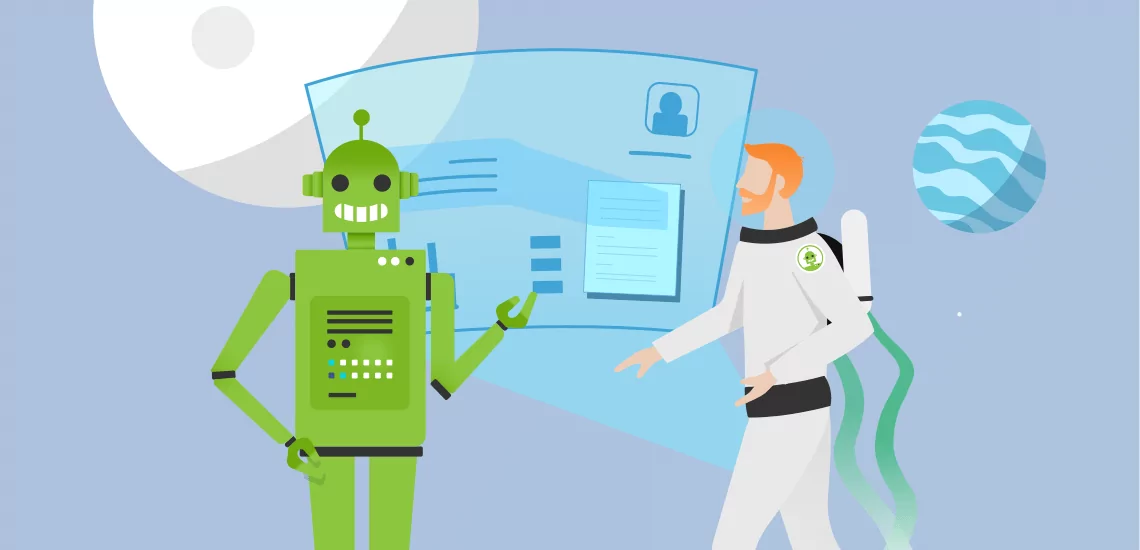
How to Understand Critical Thinking Skills
Critical Thinking Skills
There are many soft skills that you’ll want to master to help you in all of your jobs and in your everyday life. One of the best skills to consider mastering, no matter what industry you’re in, is the development of critical thinking skills. Good critical thinkers may find it easier to perform complicated tasks, and generally do better in their jobs. If you want to start mastering your critical thinking abilities, then here are a few things to consider.
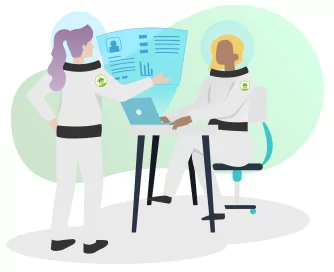
What Are Critical Thinking Skills?
The foundation for critical thinking is your ability to think through things from multiple points of view, be aware of cognitive biases and other issues that may impact your thought patterns, and create solutions for complex problems based on the information you have. It’s one of the most crucial skill sets because it involves other valuable soft skills – analytical skills, decision-making skills, problem-solving skills, and even your general thought processes. When you put time and energy into your critical thinking process, you might see its impact on the rest of your skills.
Top Five Critical Thinking Skills to Master
The critical thinking process consists of five general steps. If you’re able to master these five basic skills, then you can put them together into the general critical thinking process. Here are the five critical thinking skills that you should learn to become better at critical thinking:
1. Observation
The first step is observation. How can you find the possible solutions for a problem when you don’t even know what the problem is in the first place? To maximize this critical thinking skill, remember that you should not take everything at face value. Maintain open-mindedness and try to gather as many pieces of information as you can before moving on to the next step.
2. Analysis
Once you have all the necessary information, you can move on to processing the information that you’ve received. To analyze information, you need to take all the information you’ve received from many different viewpoints, synthesize them into a single stream of information, and determine exactly what that information means for you. This step is about taking many different viewpoints and understanding what they mean when you put them all together.
3. Deduction
Once you have a single stream of information, you can use deductive reasoning to create more information to add to what you’ve gathered from others. Deduction involves figuring out the motives for different behaviors or sussing out important facts based on a few data points. For instance, if you notice that many college students are celebrating at a bar, and you know that your sister just got her graduation cap, then you’re using deductive reasoning to come to the conclusion that the college semester has just ended.
4. Problem-solving
Once you have the information you need, it’s time to determine the best solution for the information at hand. You’ve been able to discard your personal biases, draw conclusions, create hypotheses, and now it’s time to become a problem solver and figure out how you can fix the issues you’re experiencing. Problem-solving skills themselves will be important here, as determining the correct end goal from a problem is not always easy.
5. Communication
Now that you have all the information possible and you know how you’re going to fix the problem, the next step is communication. While some amount of communication is important during the observation process, this part of critical thinking is more about discussing how you plan to fix the problem with colleagues and helping to resolve issues with your team members.
Tips for Thinking More Critically
Critical thinking learners need to be constantly defining critical thinking for themselves and working on getting better and better at the critical thinking process. Here are a few tips to encourage that growth on a daily basis.
- Always be willing to accept criticism from your peers. Working together can help all of you develop reasoned judgment and draw appropriate conclusions.
- Try to get input from as many of your co-workers as possible. Multiple people working together will generally come to better conclusions than a single person working alone.
- List critical thinking skills that might be important according to the job description. Specific analytical skills may be mentioned in the job description that you can list in your resume and cover letter.
FAQ: Critical Thinking Skills
To improve your critical thinking skills, you need to use them. To an extent, you can improve your critical thinking skills by reading these articles and reading similar articles at places like the ResumeNerd blog. However, the best thing you can do is to make an effort to use the critical thinking skills outlined here in many different situations. The more you use them, the better you’ll be at putting them into play almost automatically.
Yes. Critical thinking is a crucial part of many different jobs, even extremely entry-level jobs. If you’re working at McDonald’s and someone asks for “fish,” which isn’t on the menu, then some basic critical thinking skills can lead you to realize they may mean a “Filet-O-Fish,” which is on the menu. All jobs showcase the importance of critical thinking at some point, and developing those skills can help you move forward in the workforce.
Remember that you need to showcase your skills, not just list them. Anyone can put “Critical thinking skills'' in their skills section, but how many people can note that their critical thinking skills landed them a multi-million-dollar advertising campaign? Show off how your skills have benefited you, not just the skills you feel like you have.
